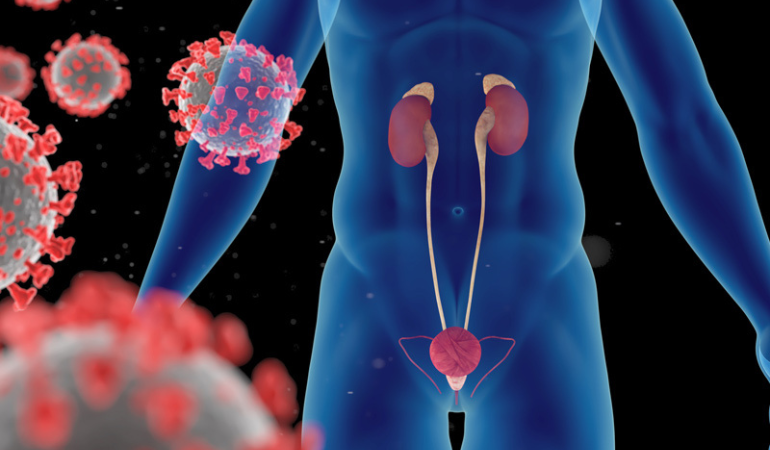Transurethral Resection of Bladder Tumor (TURBT) is a minimally invasive surgical procedure commonly used in the treatment of bladder cancer. It involves the removal of abnormal or cancerous tissue from the bladder lining using a special instrument called a resectoscope, which is passed through the urethra.
Procedure Overview:
- Preparation: Before the procedure, patients may undergo imaging tests and cystoscopy to assess the size and location of the tumor.
- Anesthesia: TURBT is typically performed under general or spinal anesthesia to ensure patient comfort during the procedure.
- Resection: The surgeon inserts a resectoscope through the urethra into the bladder. The resectoscope is equipped with a wire loop or laser that is used to remove the tumor and surrounding tissue.
- Biopsy: Tissue samples are collected during the procedure for biopsy to determine the extent and aggressiveness of the cancer.
- Hemostasis: Any bleeding from the resected area is controlled using special techniques such as cauterization or application of medication.
- Postoperative Care: After the procedure, patients may require a temporary urinary catheter to drain urine and monitor for any signs of complications.
Advantages of TURBT:
- Minimally Invasive: TURBT is performed through the urethra, avoiding the need for external incisions, resulting in faster recovery and reduced risk of complications.
- Tumor Removal: TURBT allows for precise removal of bladder tumors while preserving as much healthy bladder tissue as possible.
- Diagnostic Accuracy: Tissue samples obtained during TURBT provide valuable information for accurate diagnosis, staging, and treatment planning.
Post-Treatment Follow-Up:
- After TURBT, patients may undergo additional treatments such as intravesical therapy (administration of medication directly into the bladder) or, in some cases, more extensive surgery or chemotherapy.
- Regular follow-up appointments are essential for monitoring recovery, assessing treatment effectiveness, and detecting any signs of cancer recurrence.
TURBT is an integral part of the comprehensive approach to bladder cancer treatment, aiming to remove tumors, preserve bladder function, and improve patient outcomes. Our experienced team at RG's MediHub is dedicated to providing personalized care and support throughout the treatment journey.
